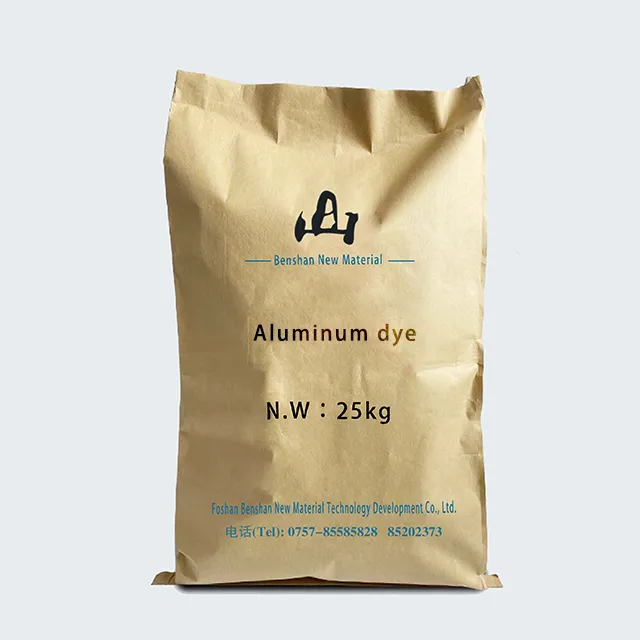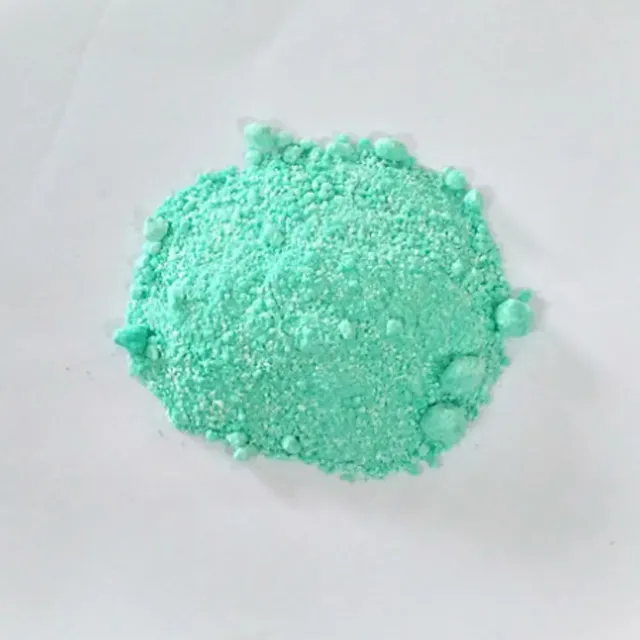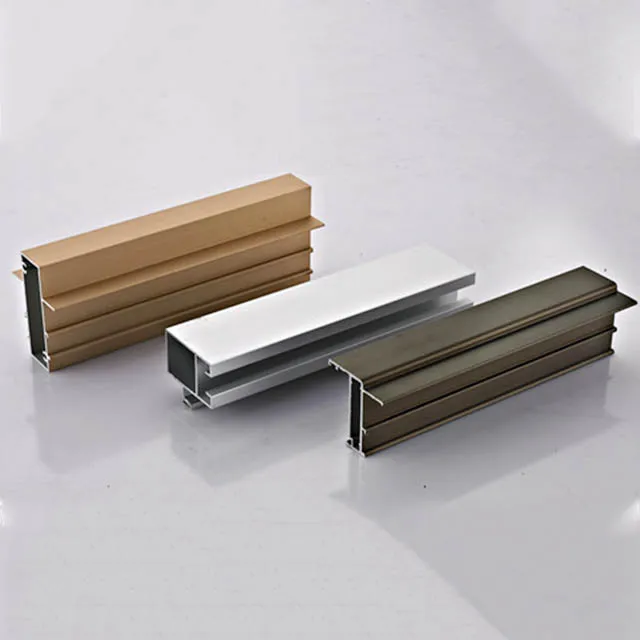
Do I need to polish aluminum before anodizing?
2024-07-11 15:30
Whether aluminum needs to be polished before anodizing has always been a hot topic of debate among industry insiders. This article will delve into the necessity of polishing aluminum before anodizing, analyze its impact on the quality of the final product, and interview multiple experts to provide a comprehensive and authoritative analysis.
What is anodizing?
Anodizing is an electrochemical treatment process that enhances corrosion resistance, hardness and aesthetics by forming an oxide film on the surface of aluminum. This oxide film can not only effectively protect the aluminum substrate, but also increase the decorative effect through dyeing technology. Therefore, anodizing is widely used in construction, aerospace, electronics and other industries.

What is the role of polishing before anodizing?
Polishing treatment is to make the aluminum surface smooth and flat through mechanical, chemical or electrochemical methods, thereby reducing surface roughness and improving gloss. Polishing treatment before anodizing can significantly improve the uniformity and appearance of the oxide film. Specifically, polishing treatment mainly has the following functions:
1. Improve surface finish: Polishing can remove scratches and defects on the aluminum surface, making it flatter and smoother, which is conducive to the even progress of the subsequent anodizing process.
2. Improve the quality of the oxide film: Polishing treatment can reduce the micropores and irregular structures on the surface of the aluminum material, thereby forming a more uniform and dense oxide film and improving the corrosion resistance of the aluminum material.
3. Enhance the decorative effect: Through polishing treatment, the gloss and reflection effect of the aluminum surface are improved, making the anodized product more beautiful and more competitive in the market.

Do I need to polish aluminum before anodizing?
Although polishing has many advantages in theory, there are still different opinions on whether it is necessary in practice. In order to reduce costs and improve production efficiency, some companies choose to omit the polishing step. Different experts and companies have their own opinions on this.
Arguments in favor of polishing:
"Polishing treatment can significantly improve the overall quality and appearance of aluminum materials after anodization." Mr. Wang, technical director of a large aluminum processing company in Shanghai, said, "Through polishing treatment, our products are more recognized in the market and customers are satisfied. The quality also increases." Mr. Wang emphasized that although polishing increases a certain cost, it has a significant effect in improving product quality. In the long run, this investment is worthwhile.
Arguments against polishing:
In contrast, some companies believe that polishing is not necessary. Ms. Li, the head of an aluminum products company in Guangzhou, said: "We have found that for certain aluminum materials for specific purposes, direct anodizing can also meet customer requirements." She pointed out that omitting the polishing step not only saves costs, but also simplifies Streamline the production process and improve efficiency. Ms. Li added that this approach is suitable for industrial aluminum materials that do not require high surface finish.
Experiments and data analysis
To verify the actual effect of polishing during the anodizing process, we compared two sets of aluminum samples, one polished and the other unpolished. experiment result shows:
1. Surface finish: The surface finish of polished aluminum is significantly higher than that of unpolished samples, and surface scratches and unevenness are significantly reduced.
2. Oxide film thickness and uniformity: The oxide film formed after anodization on the polished aluminum material is more uniform, denser, and has a more consistent thickness, while the unpolished sample has uneven oxide film thickness.
3. Anti-corrosion performance: Through the salt spray test, the polished aluminum material shows stronger anti-corrosion performance, fewer corrosion spots, and better overall durability.
These data indicate that polishing does play a positive role in improving the quality of aluminum anodization.

Expert opinions and future trends
In response to this controversy, we interviewed a number of industry experts. Professor Liu, a materials expert from the China Nonferrous Metals Society, said: "Polishing treatment is an important step before anodizing, and its role cannot be ignored. Especially in high-end application fields, such as aerospace and high-end architectural decoration, polishing treatment can significantly improve the use of aluminum materials. Performance and aesthetics.”
At the same time, Professor Liu also pointed out that with the advancement of technology and the introduction of new polishing technology and automated equipment, the efficiency and cost of polishing processing are expected to be further optimized. He believes that in the future, polishing processing will develop in a more efficient and low-cost direction on the premise of meeting different market demands.
In conclusion
In summary, there is no absolute answer to whether aluminum needs to be polished before anodizing. The key lies in deciding based on the specific use of the product and customer needs.
Polishing is essential for applications where high-quality surfaces and durable performance are required, such as in high-end construction and aerospace. For some industrial aluminum materials, on the premise of ensuring basic functions, you can choose whether to polish them according to the actual situation.








